The Heart of Linux How a nonbeliever discovered that there is a Santa Claus, Easter Bunny, Tooth Fairy and a Linux community. Well…he discovered the…
Posts tagged as “Linux”
FOSS Week in Review
Also, eight new distro releases, CoreOS raises another $28 million, Mint drops codecs and the women of open source.
The most reported FOSS story this week was the beginning of the court fight instigated by Oracle against Google over Android’s Java implementation. Most interesting as the proceedings get going are the once familiar names that are now back in the news.
So far, we’ve heard from Jonathan Schwartz, pretty much a good guy who you might remember replaced Scott McNealy as CEO at Sun Microsystems in April 2006 and was on hand to pass the keys of the kingdom on to Oracle in 2010 after the company was brought down by the so-called Great Recession.
Christine Hall has been a journalist since 1971. In 2001, she began writing a weekly consumer computer column and started covering Linux and FOSS in 2002 after making the switch to GNU/Linux. Follow her on Twitter: @BrideOfLinux
FOSS Week in Review
Also: We hear more from DuckDuckGo about its open source donations and welcome Robin “Roblimo” Miller to the FOSS Force team.
While the big news in FOSS media this week was the Ubuntu Online Summit, I wasn’t there. Too far to travel. However, the big news seems to be that Mir and Unity 8 won’t be the defaults when Canonical ships Ubuntu 16.10 on October 20, although both “will be available as an ‘alternative session,’” according to OMG! Ubuntu! Ho-hum. Now on to some real FOSS news…

By chensiyuan (chensiyuan) [GFDL (http://www.gnu.org/copyleft/fdl.html) or CC BY-SA 4.0-3.0-2.5-2.0-1.0 (http://creativecommons.org/licenses/by-sa/4.0-3.0-2.5-2.0-1.0)], via Wikimedia Commons
Christine Hall has been a journalist since 1971. In 2001, she began writing a weekly consumer computer column and started covering Linux and FOSS in 2002 after making the switch to GNU/Linux. Follow her on Twitter: @BrideOfLinux
FOSS Week in Review
Also: Ubuntu gets ready for Yakkety Yak (don’t talk back), Tails has a new release with an updated TOR browser and Android apps are coming to a Chromebook near you.
Here in the Tar Heel State, MerleFest, featuring performances by John Prine and John Oates sans Daryl Hall, dominates the news. That’s mainly because there are no college hoops being played now that this year’s NCAA March Madness thing has been entered into the record books.
There’s not much talk about this year’s NCAA tourney around here anymore, as “we’re number two” just doesn’t have the proper ring to it. So we talk about other things instead, with how fast the grass is growing topping most people’s list and MerleFest a close second.
Me? I talk about FOSS, and there’s plenty to talk about this week…
Christine Hall has been a journalist since 1971. In 2001, she began writing a weekly consumer computer column and started covering Linux and FOSS in 2002 after making the switch to GNU/Linux. Follow her on Twitter: @BrideOfLinux
The Raspberry Pi Report Our Pi guy finds a lot to like as he gets down and dirty with Ubuntu MATE’s latest and greatest release…


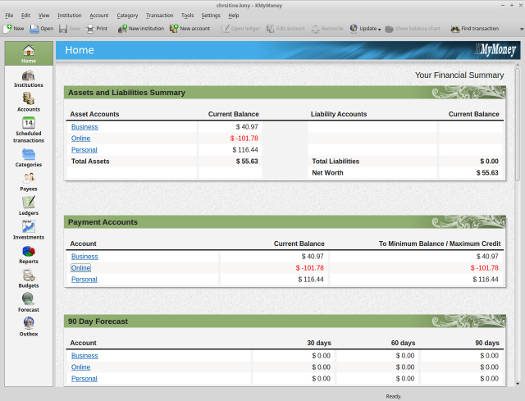
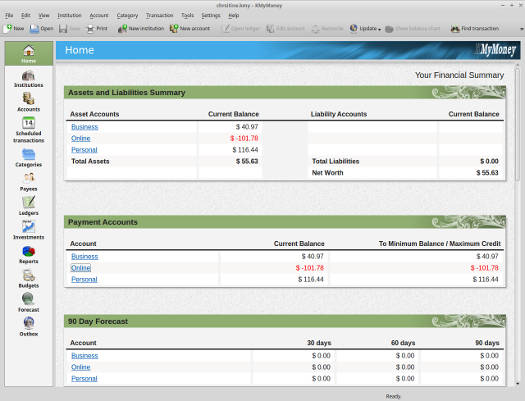
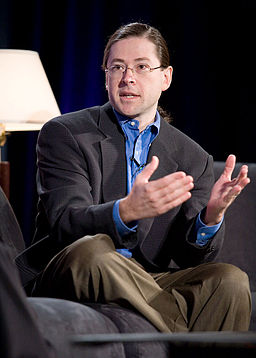
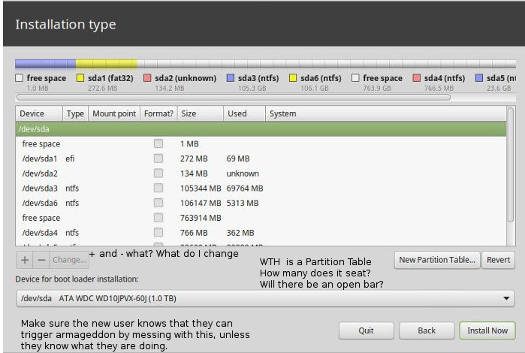
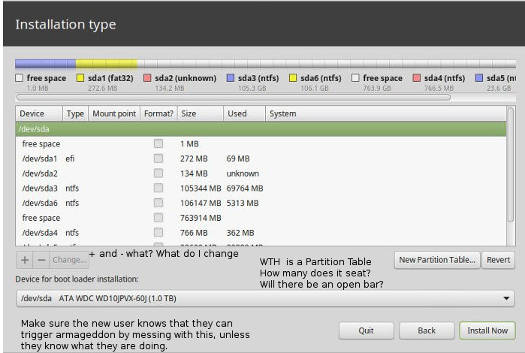

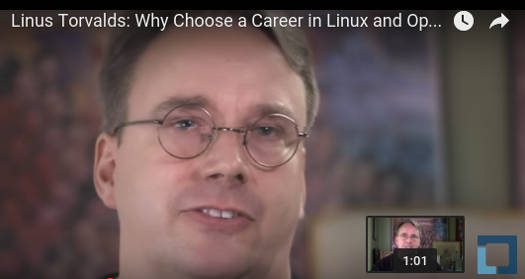

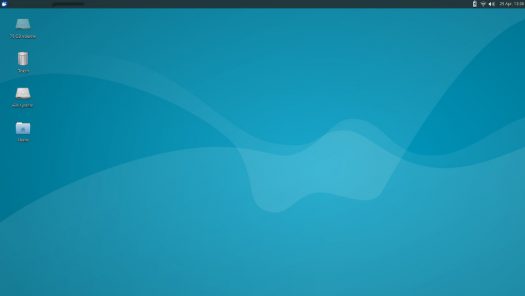
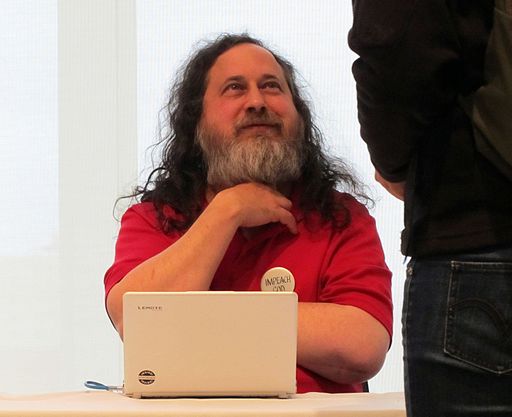

 “DuckDuckGo’s focus is to become the best search engine for programmers,” Bill wrote, “and we’d love your help improving our open-source Linux Instant Answers. There’s currently a couple of cheat sheets
“DuckDuckGo’s focus is to become the best search engine for programmers,” Bill wrote, “and we’d love your help improving our open-source Linux Instant Answers. There’s currently a couple of cheat sheets 